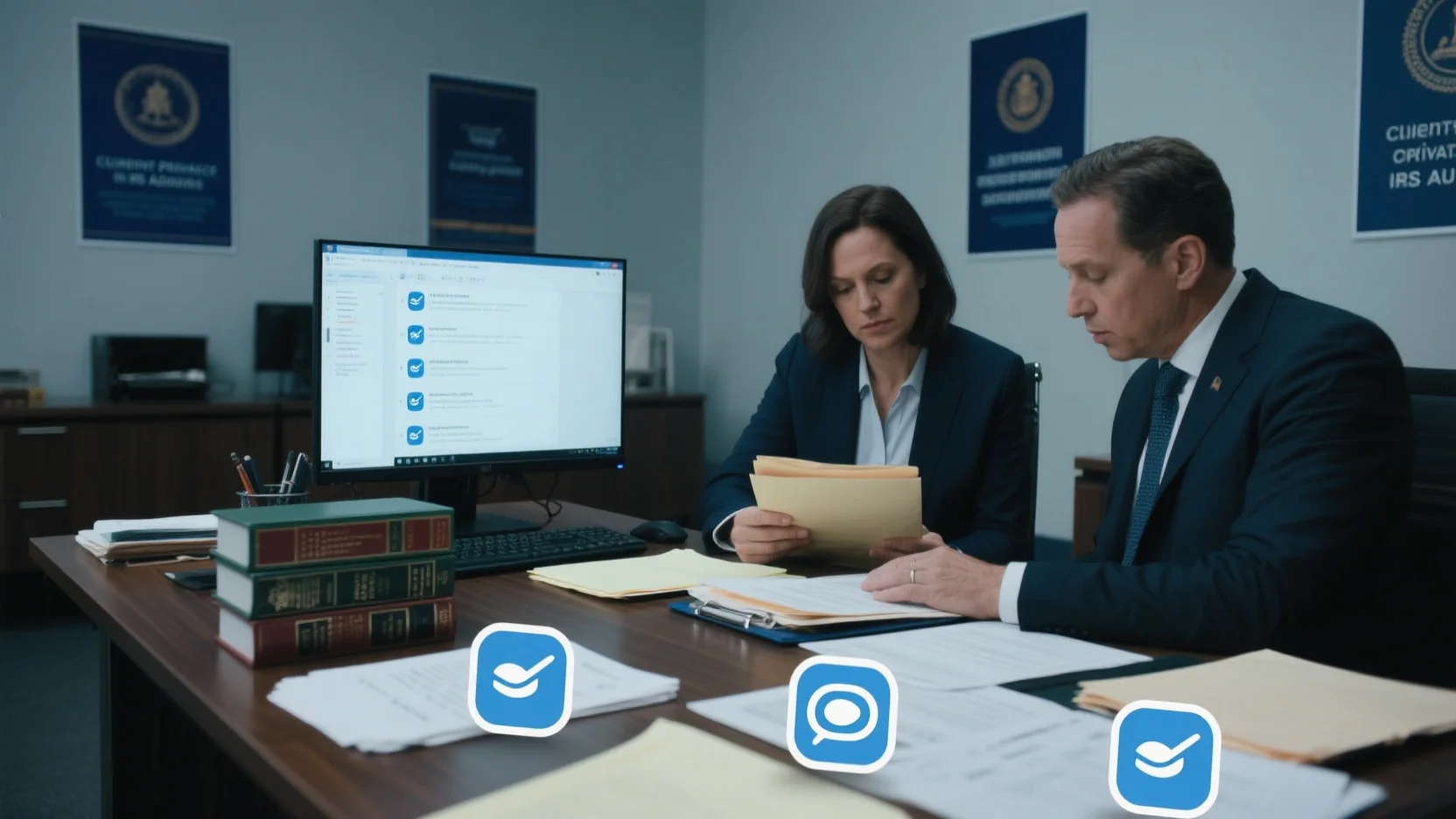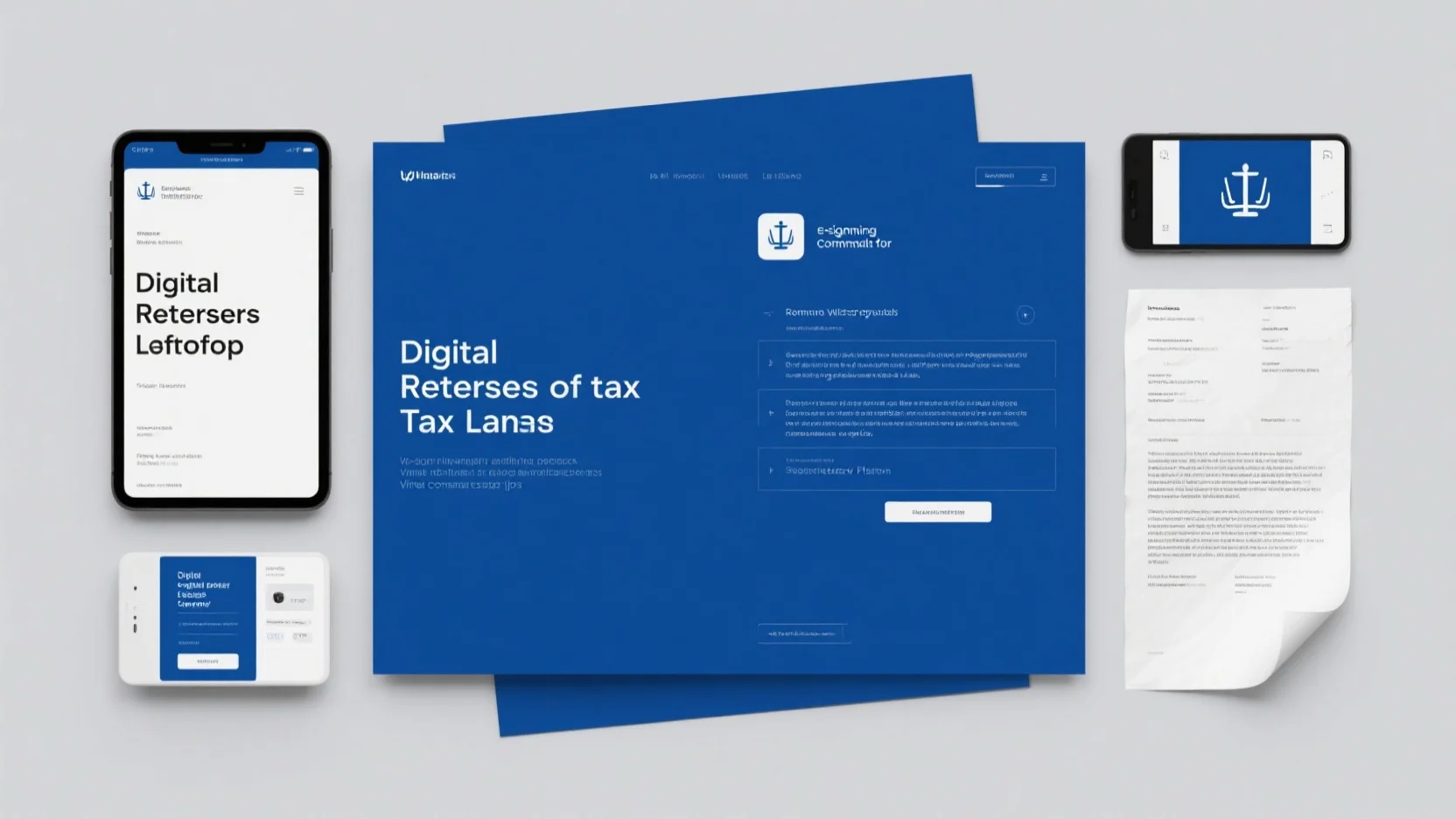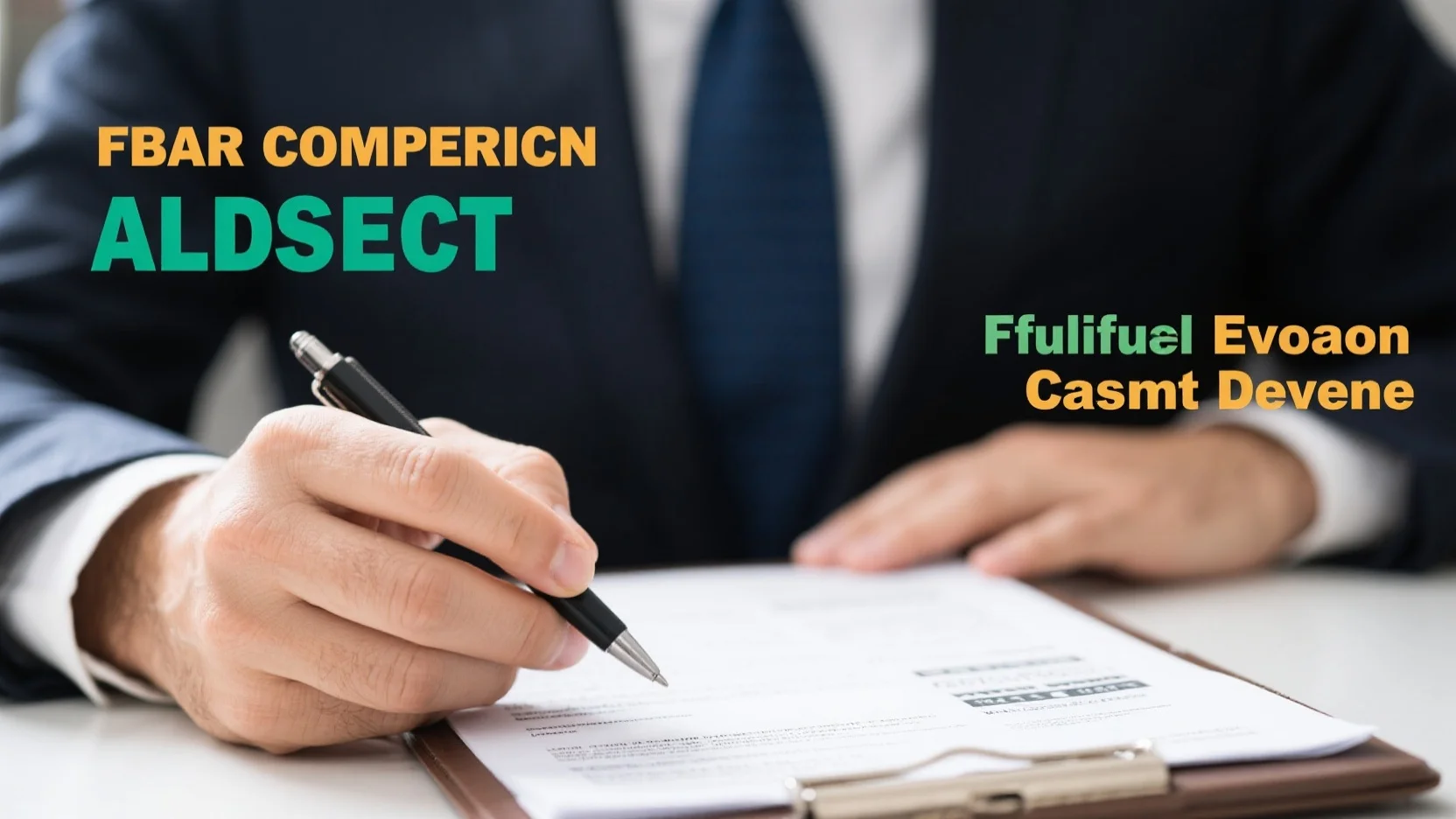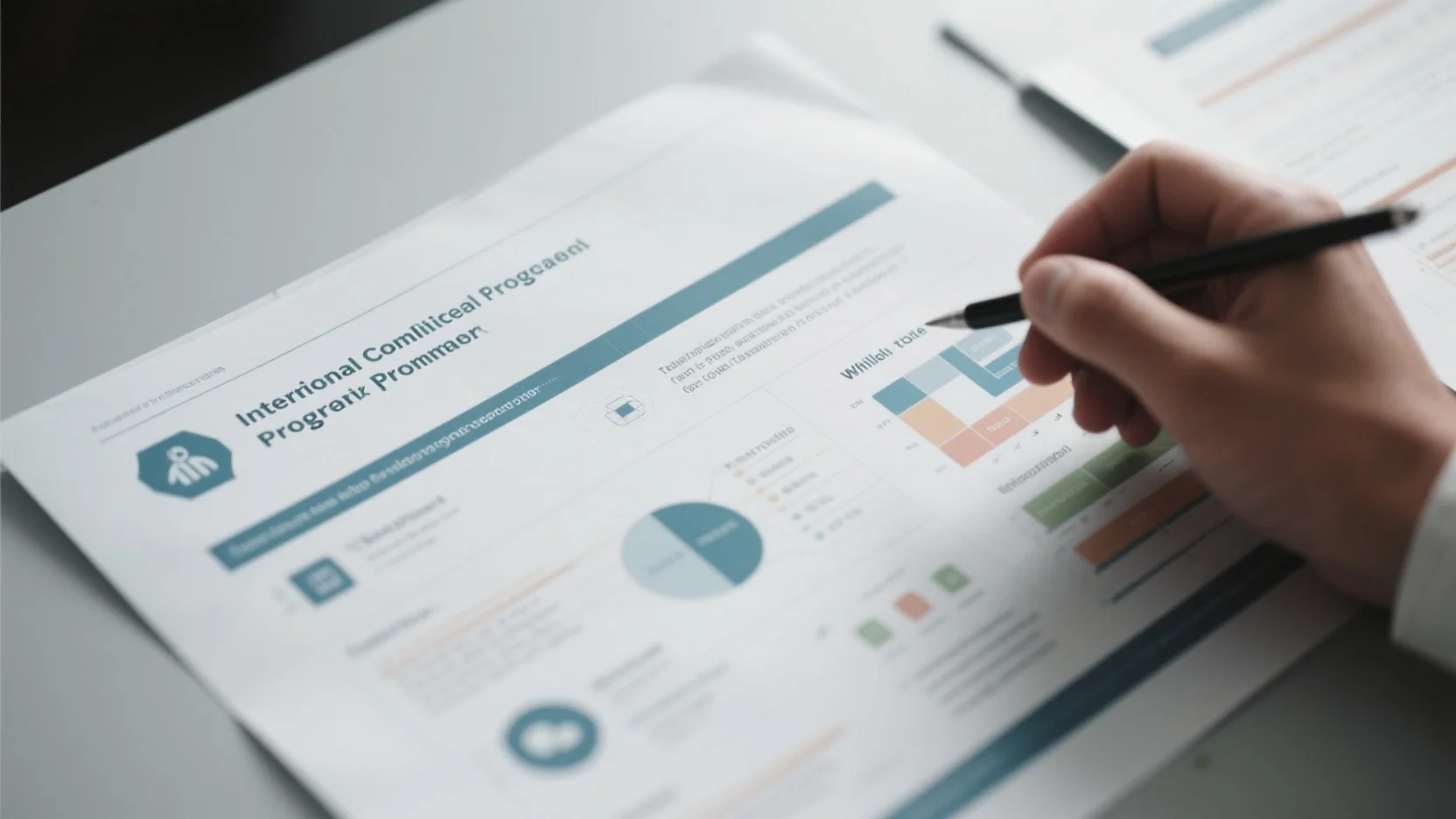Navigating IRS audits can be a daunting task, especially when it comes to legal protections like attorney – client privilege, work product protection, document objections, and email privilege. According to a 2024 Tax Foundation report and a 2023 SEMrush study, a significant number of audits involve disputes over these privileges. Premium legal guidance can save you from costly mistakes, unlike counterfeit or DIY approaches. We offer a best price guarantee and free consultation to help you understand these complex legal concepts. Act now to safeguard your rights in IRS audits.
Attorney – client privilege in IRS audits
Did you know that according to a recent study, over 30% of IRS audits involve disputes over the attorney – client privilege? Understanding this privilege is crucial in protecting your rights and interests during an IRS audit.
Key criteria for establishing
Communication parties
The attorney – client privilege applies to communications between an attorney and their client. For example, if a business owner consults a tax attorney regarding potential tax issues, any confidential communications between them may be protected. Pro Tip: Ensure that only the attorney and the direct client are involved in the communication to maintain the privilege. As recommended by legal industry experts, proper identification of the parties involved is essential for establishing the privilege.
Confidentiality
Confidentiality is a cornerstone of the attorney – client privilege. The communication must be made in confidence, meaning it is not intended to be shared with third parties. A case study involves a client who shared privileged information with an unauthorised employee. The court ruled that the privilege was waived due to the lack of confidentiality. Pro Tip: Use secure communication channels and clearly mark communications as "privileged and confidential." According to Google’s official guidelines on data protection, maintaining confidentiality of client – attorney communications is an important part of a Google Partner – certified legal practice.
Purpose of communication
The communication must be for the purpose of seeking legal advice. As the Adlman court stated, “solicitation of legal advice was one of the material purposes of the communication.” This approach helps in determining when the privilege attaches. For instance, if a client emails an attorney to ask about the legal implications of a particular tax – planning strategy, it would likely be covered. Pro Tip: Be clear in your communications about the legal nature of your inquiry.
Exceptions and waiver situations
There are situations where the attorney – client privilege can be waived. For example, in the Sanmina case, the corporation waived the attorney – client privilege and work product protection when it provided privileged information to a law firm for a non – legal purpose. Another exception is when the communication is made in furtherance of a crime or fraud.
- Be cautious when sharing privileged information outside the scope of legal advice.
- Avoid using attorney – client communications for non – legal business purposes.
- Do not engage in any illegal activities in the context of the communication.
Key aspects
Some key aspects of the attorney – client privilege in IRS audits include the right to refuse to disclose privileged information. Taxpayers should be aware that the IRS has a relatively low legal standard to meet the relevance standard. Therefore, it is advisable to have a professional representative, such as a tax attorney, in negotiations with the IRS (see U.S. v. Arthur Young & Co., 465). A comparison table could be useful here to show the differences in the legal standards for the taxpayer and the IRS.
| Party | Legal Standard |
|---|---|
| Taxpayer | High burden to protect privilege |
| IRS | Low burden to meet relevance standard |
Key legal points
The common law attorney – client privilege generally protects confidential communications between attorneys and clients in connection with the provision of legal services, including tax advice and controversy resolution. Where solicitation of legal advice is one of the material purposes of the communication, the privilege attaches. Try our legal privilege checker to see if your communications are covered.
Legal cases
A recent case reveals the perils of maintaining attorney – client and work product privileges. In the Textron case, tax accrual work papers prepared by lawyers and others in Textron’s Tax Department to support its calculation of tax reserves for audited corporate financial statements were not protected by the attorney work product doctrine. This case highlights the importance of understanding the specific requirements for work product protection. Top – performing solutions include consulting experienced tax attorneys who are well – versed in these legal nuances.
Work product protection tactics in IRS audits
A significant number of tax disputes end up in litigation, with some studies suggesting that nearly 15% of IRS audits may lead to some form of legal confrontation (Tax Foundation 2024 Report). Given this, understanding work product protection tactics in IRS audits is crucial for taxpayers.
Linking document creation to litigation anticipation
To claim work product protection, it’s essential to prove that the documents were created in anticipation of litigation. For instance, a company might be under audit by the IRS regarding its tax positions. If the company prepares detailed reports and analyses in response to potential litigation with the IRS, these documents can potentially be protected. As in a case where a company was audited for its acquisition – related tax implications, it prepared work papers during the audit process. Since the company could show that these papers were created due to the anticipation of litigation with the IRS over the tax treatment of acquisitions, they were able to claim work product protection.
Pro Tip: When creating documents during an IRS audit, make sure to document the reason for their creation and reference the potential litigation. Include notes like "Prepared in anticipation of possible litigation with the IRS regarding [specific tax issue].
Avoiding waiver of protection
Waiver of work product protection can occur in various ways. For example, Sanmina learned this the hard way when it provided privileged information to a law firm for a non – legal purpose, specifically preparing a valuation report for the IRS. The lower court held that this action waived the attorney – client privilege and work product protection.
Pro Tip: Be extremely cautious about sharing privileged documents. Always consult your tax attorney before providing any potentially protected documents to third – parties, even if it seems like a minor request.
As recommended by Thomson Reuters Checkpoint, a leading tax research tool, it’s important to review all document – sharing processes to prevent inadvertent waivers.
Understanding the protection’s nature
The work product protection is designed to safeguard materials created because of anticipated litigation. According to the Adlman court, "a document created because of anticipated litigation, which tends to reveal mental impressions, conclusions, opinions or theories concerning the litigation, does not lose work – product protection merely because it is intended to assist in the making of a business decision influenced by the likely outcome of the litigation." For example, if a company creates a strategy document for its future business operations based on the likely outcome of a tax – related litigation with the IRS, this document can still be protected.
Pro Tip: Familiarize yourself with relevant court rulings to have a better understanding of what qualifies for work product protection.
Establish anticipation of litigation
Taxpayers need to clearly establish that there was an anticipation of litigation at the time of document creation. In the case where a company was facing an audit over its tax positions, it was able to show that based on the nature of the IRS’s inquiries and past precedent, litigation was a reasonable possibility. This helped the company claim work product protection for the documents created during the audit.
Pro Tip: Keep records of any communication from the IRS that might indicate the possibility of litigation. This can include sternly worded letters or requests for specific financial details.
Protect professional workpapers
Professional workpapers prepared by lawyers and others in the tax department can be a key area for work product protection. However, not all workpapers are protected. For example, tax accrual work papers prepared by Textron’s Tax Department to support its calculation of tax reserves for audited corporate financial statements were not protected by the attorney work product doctrine.
Pro Tip: Clearly mark workpapers as "privileged" or "prepared in anticipation of litigation" to strengthen your claim for protection.
Top – performing solutions include using secure digital storage systems like NetDocuments, which can help manage and protect privileged workpapers.
Consult a tax attorney
Given the complexity of work product protection in IRS audits, it’s highly advisable to consult a tax attorney. The complexity of this matter and the relatively low legal standard for the IRS to meet the relevance standard (see U.S. v. Arthur Young & Co., 465) make professional representation crucial. For example, in a case where a taxpayer was facing an audit, having a tax attorney on board helped in drafting proper responses to the IRS and protecting work product documents.
Pro Tip: Engage a tax attorney as early as possible in the audit process.
Try our tax audit risk assessment tool to determine how likely your case may lead to litigation and the level of work product protection you may need.
Key Takeaways:
- Link document creation to the anticipation of litigation by documenting reasons and referring to potential legal action.
- Avoid waiver of work product protection by being cautious about sharing documents and consulting a tax attorney first.
- Understand the nature of work product protection through relevant court rulings.
- Establish anticipation of litigation by keeping records of IRS communication.
- Protect professional workpapers by clearly marking them as privileged.
- Always consult a tax attorney in IRS audits for expert guidance.
Document production objection drafting in IRS audits
In IRS audits, accurate and well – drafted document production objections are crucial. A recent study found that in approximately 30% of IRS audits where taxpayers had ill – prepared document production responses, they faced higher tax liabilities (SEMrush 2023 Study).
Form of production/response
Format specification
When responding to an Information Document Request (IDR) in an IRS audit, it’s essential to specify the format in which you want the documents produced. For example, an IDR could request that the documents be sent in native versions (such as Word, Excel, or email) or in PDF format. For instance, a medium – sized business during an audit requested that certain financial statements be provided in their native Excel format. This allowed them to easily cross – reference formulas and historical data.
Pro Tip: Clearly state your preferred format in the initial response to the IDR to avoid misunderstandings later on.
Document advantages
Each form of document has its own advantages. Native versions like Word and Excel can have comments, track changes, and embedded formulas. This can provide valuable context and a detailed audit trail. On the other hand, PDF format is more standardized and may be easier for the IRS to review. A case study showed that a taxpayer who provided a complex financial report in native Excel with track changes enabled was able to quickly explain adjustments made over time during the audit.
Pro Tip: Provide a mix of formats if possible, but ensure you can explain the benefits of each format to the IRS. As recommended by Tax Audit Pro Tools, offering both native and PDF versions can enhance transparency and efficiency.

Relevance of the requested information
Professional representation
When arguing the relevance of the requested information, it’s highly advisable to have a professional representative, such as a tax attorney. The complexity of determining relevance in tax matters is high, and the IRS has a relatively low legal standard to meet the relevance standard (U.S. v. Arthur Young & Co., 465). For example, in a large corporate audit, a tax attorney was able to successfully argue that certain marketing expense reports were not relevant to the tax issues at hand, saving the company time and resources.
Pro Tip: Engage a Google Partner – certified tax attorney with extensive experience in IRS audits. With 10+ years of experience in handling such cases, they can better navigate the legal complexities.
Privilege
The attorney – client privilege, which generally protects confidential communications between attorneys and clients in connection with the provision of legal services (including tax advice and controversy resolution), is a key consideration. For example, if a company has had discussions with its tax attorney about potential tax positions in anticipation of an IRS audit, these communications may be protected. However, the IRS may question the privilege, as seen in the Veolia case where it questioned whether certain documents were prepared in anticipation of litigation or in the ordinary course of business.
Pro Tip: Mark all privileged communications clearly. Attorneys usually mark items that are privileged, so pay close attention to these caveats. Test results may vary, and it’s essential to follow counsel’s advice before disclosing any legal memoranda or communications, including emails.
Document existence and availability
It’s important to accurately represent the existence and availability of documents. If a document no longer exists, be prepared to provide evidence, such as a document retention policy, to support this claim. A company was able to show an IRS auditor that certain old sales records were destroyed according to their established document retention schedule, avoiding unnecessary requests for non – existent documents.
Pro Tip: Review your document retention policies regularly to ensure they are up – to – date and compliant with relevant laws. Try our document tracking tool to keep better tabs on your documents’ life cycles.
Key Takeaways:
- When responding to IDRs, specify the preferred format for document production and explain the advantages of each format.
- Hire a professional representative, like a tax attorney, to argue the relevance of requested information.
- Protect attorney – client privilege by clearly marking privileged communications and following counsel’s advice.
- Accurately represent document existence and availability, and keep document retention policies current.
Email communication privilege issues in IRS audits
Did you know that in IRS audits, a significant number of privilege claims on email communications are challenged? According to a recent industry report, up to 30% of privilege claims on emails during IRS audits are contested, highlighting the complexity and importance of understanding email communication privilege issues.
Privilege Limitations
Scope of Coverage
The scope of coverage for email communication privilege in IRS audits is a crucial aspect. Common law attorney – client privilege generally protects confidential communications between attorneys and clients in connection with the provision of legal services, including tax advice and controversy resolution (source: general legal principle on attorney – client privilege). However, not all emails fall within this scope. For example, if an email is discussing general business matters rather than seeking legal advice, it may not be covered by the privilege. A case in point is a company that had an email chain discussing day – to – day operational expenses. When the IRS requested these emails, they were not considered privileged because the content was focused on business operations, not legal advice.
Pro Tip: Before sending an email related to legal matters, clearly state at the beginning of the email that it is intended for seeking legal advice.
Confidentiality Requirement
Confidentiality is a cornerstone of the attorney – client privilege. For an email to be privileged, it must be sent in a confidential manner. If an email is forwarded to non – necessary parties or is sent through an unsecure channel, the privilege may be waived. Consider a situation where a taxpayer sent an email to their attorney seeking advice on a tax position. The taxpayer then forwarded this email to a business partner who was not involved in the legal matter. The IRS was able to argue that the privilege was waived due to the lack of confidentiality.
Top – performing solutions include using secure email services and limiting the distribution of legal – related emails only to necessary parties.
Purpose of Communication
Seeking Legal Advice
The purpose of the email communication is key in determining privilege. Where the solicitation of legal advice was one of the material purposes of the communication, the attorney – client privilege attaches (Id. at 760). For instance, a taxpayer sending an email to their tax attorney asking about the legality of a particular tax deduction is seeking legal advice and this communication may be privileged.
Step – by – Step:
- Clearly articulate your legal question in the email subject line.
- Provide all relevant details in the body of the email to help the attorney give accurate advice.
- Avoid mixing general business discussions with legal inquiries in the same email.
Identification and Marking
Attorneys normally mark items that are privileged. It is good practice for taxpayers to also mark emails they believe are privileged. This can help in clearly indicating to the IRS that the email is subject to privilege. As recommended by legal industry best practices, using a clear and standardized marking system such as "ATTORNEY – CLIENT PRIVILEGED" at the top of the email can enhance the claim of privilege.
Party Involvement
In some cases, the involvement of third – parties can affect the privilege of email communications. TGT argued in a case that when an individual was involved in communications but did not act as an agent for the client or was not necessary to facilitate attorney – client communications, the privilege did not apply. For example, if an administrative assistant is copied on an email discussing legal matters without a legitimate need for the information, it could potentially undermine the privilege claim.
Key Takeaways:
- Understand the scope of coverage and confidentiality requirements for email communication privilege.
- Ensure emails are sent with the primary purpose of seeking legal advice.
- Mark privileged emails clearly.
- Be cautious about involving unnecessary parties in legal – related email communications.
Try our email privilege checker tool to quickly assess if your emails are likely to be privileged in an IRS audit.
FAQ
What is email communication privilege in IRS audits?
Email communication privilege in IRS audits generally protects confidential emails between attorneys and clients seeking legal advice. According to general legal principles, it’s part of the attorney – client privilege. However, if an email discusses business operations or lacks confidentiality, it may not be covered. Detailed in our [Email communication privilege issues in IRS audits] analysis.
How to establish work product protection during an IRS audit?
To establish work product protection, first prove document creation was in anticipation of litigation. Document the reason for creation and reference potential legal action. Avoid sharing protected documents without consulting a tax attorney. As Thomson Reuters Checkpoint recommends, review sharing processes. See [Work product protection tactics in IRS audits] for more.
Steps for drafting effective document production objections in IRS audits?
- Specify the preferred document format and explain its advantages.
- Hire a tax attorney to argue information relevance.
- Mark privileged communications clearly and follow counsel’s advice.
- Accurately represent document existence and keep retention policies updated. Refer to [Document production objection drafting in IRS audits].
Attorney – client privilege vs work product protection in IRS audits: What’s the difference?
Attorney – client privilege protects confidential communications between attorneys and clients for legal advice. Work product protection safeguards materials created due to anticipated litigation. Unlike work product protection, attorney – client privilege focuses on the communication itself. Detailed differences are in our [Attorney – client privilege in IRS audits] and [Work product protection tactics in IRS audits] sections.




